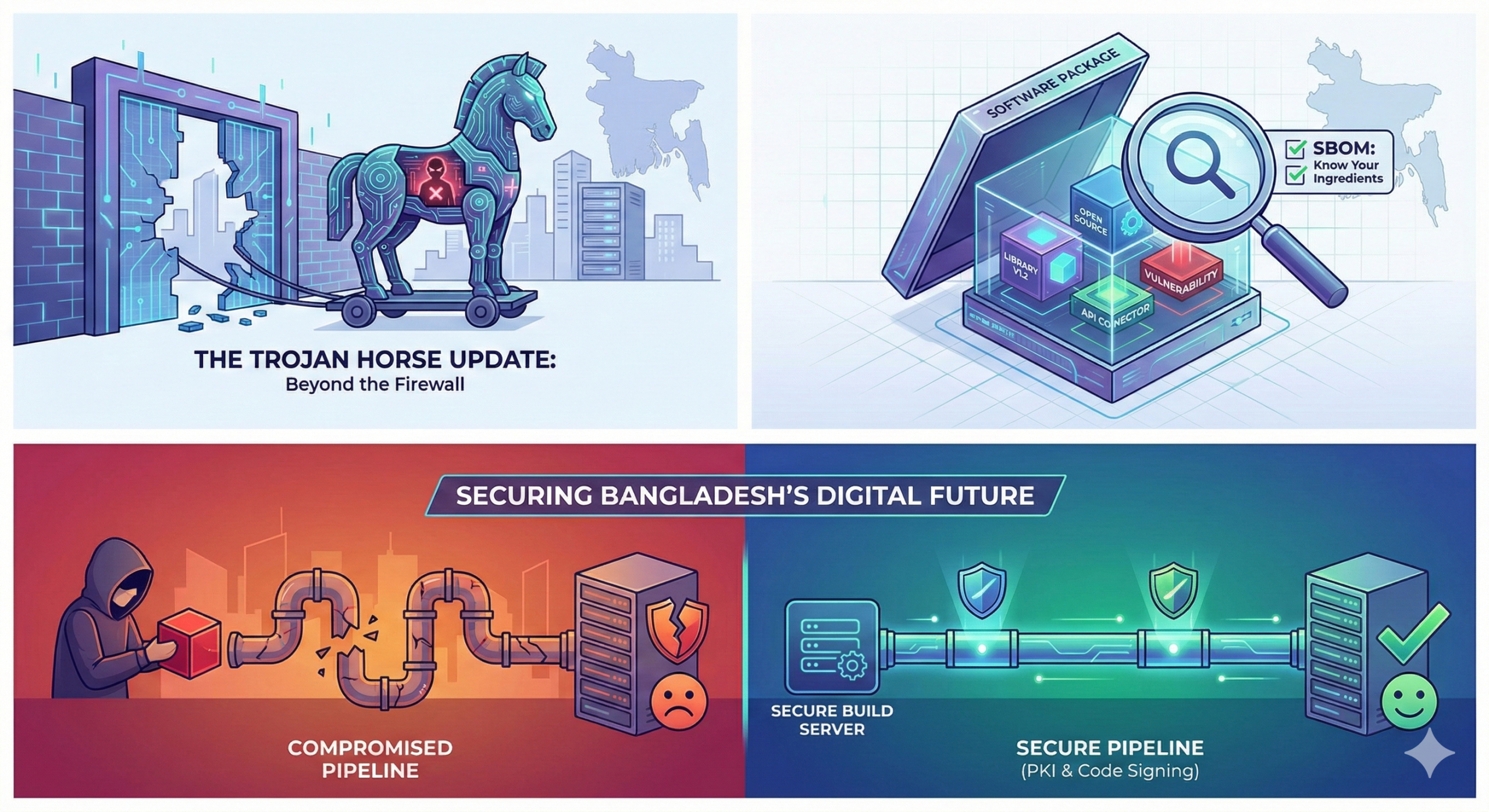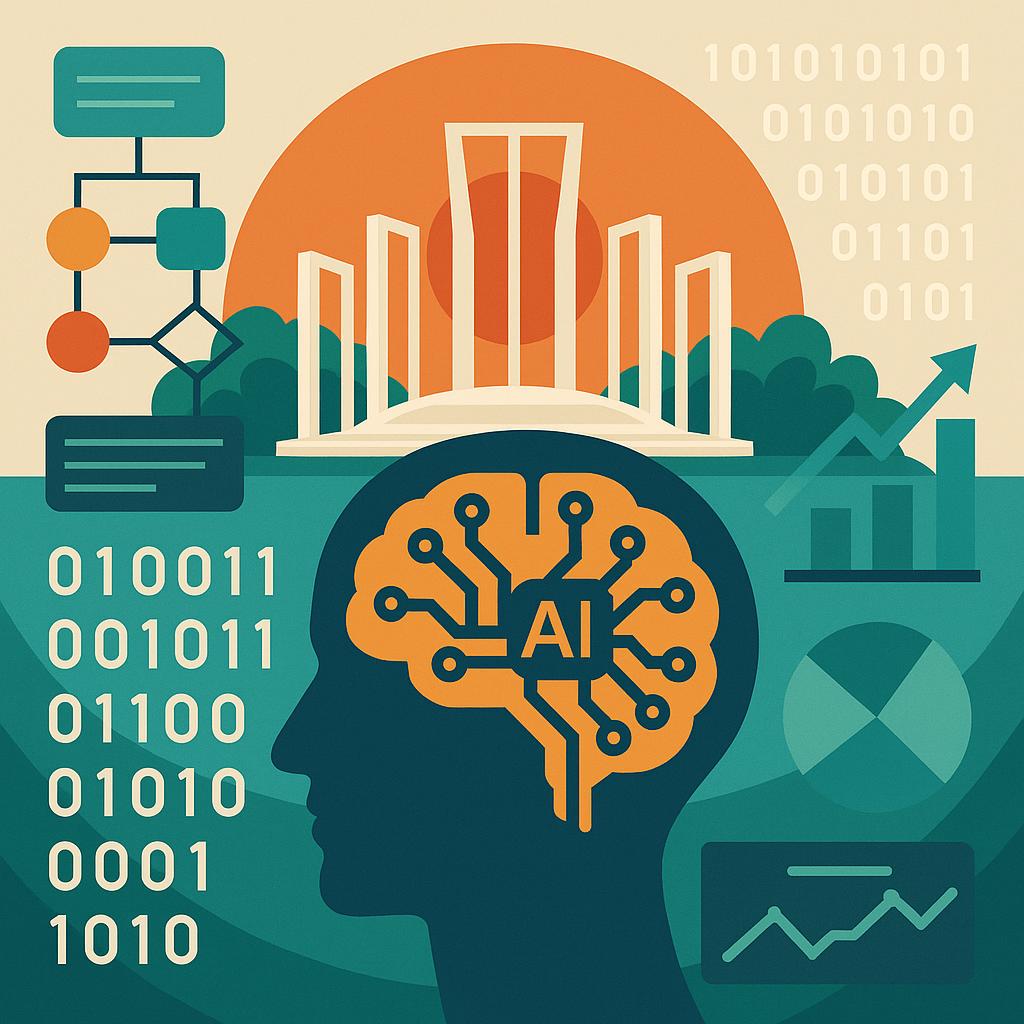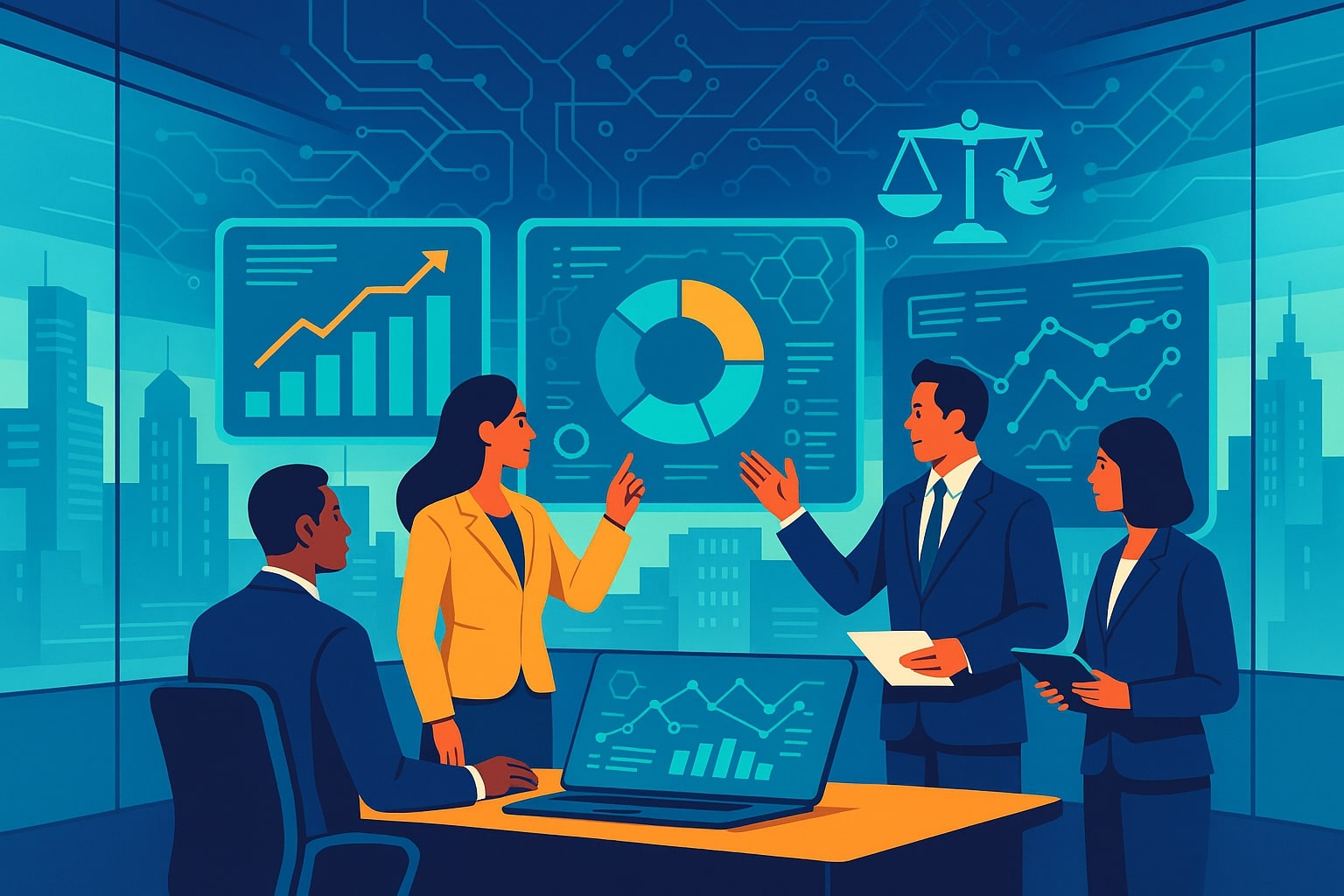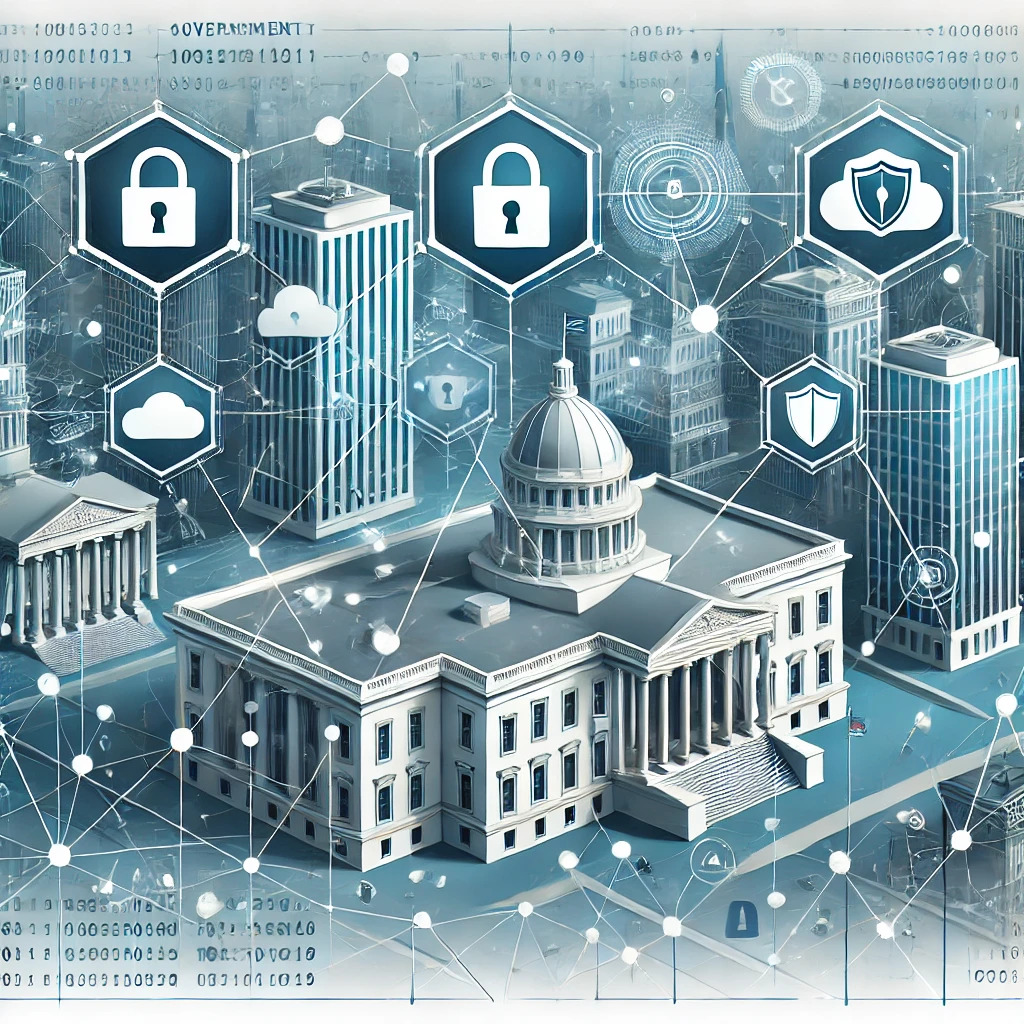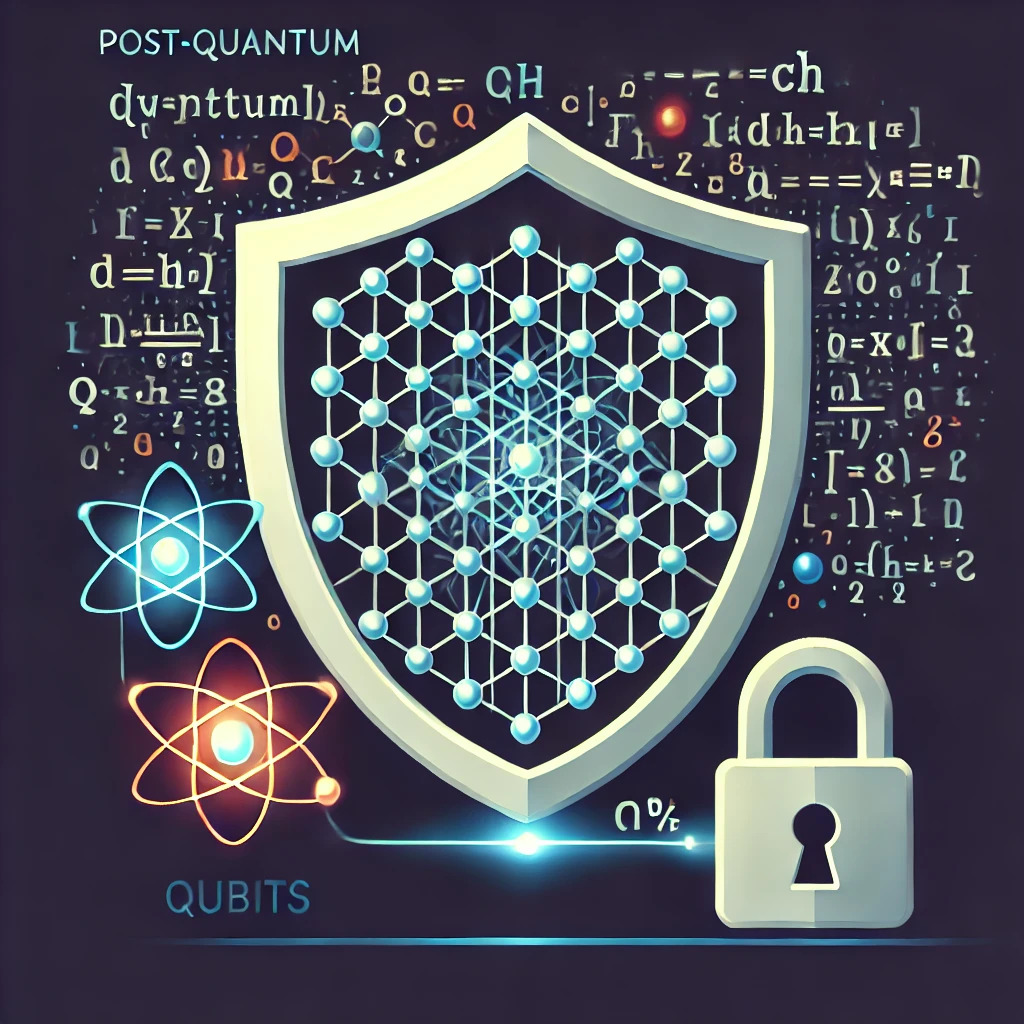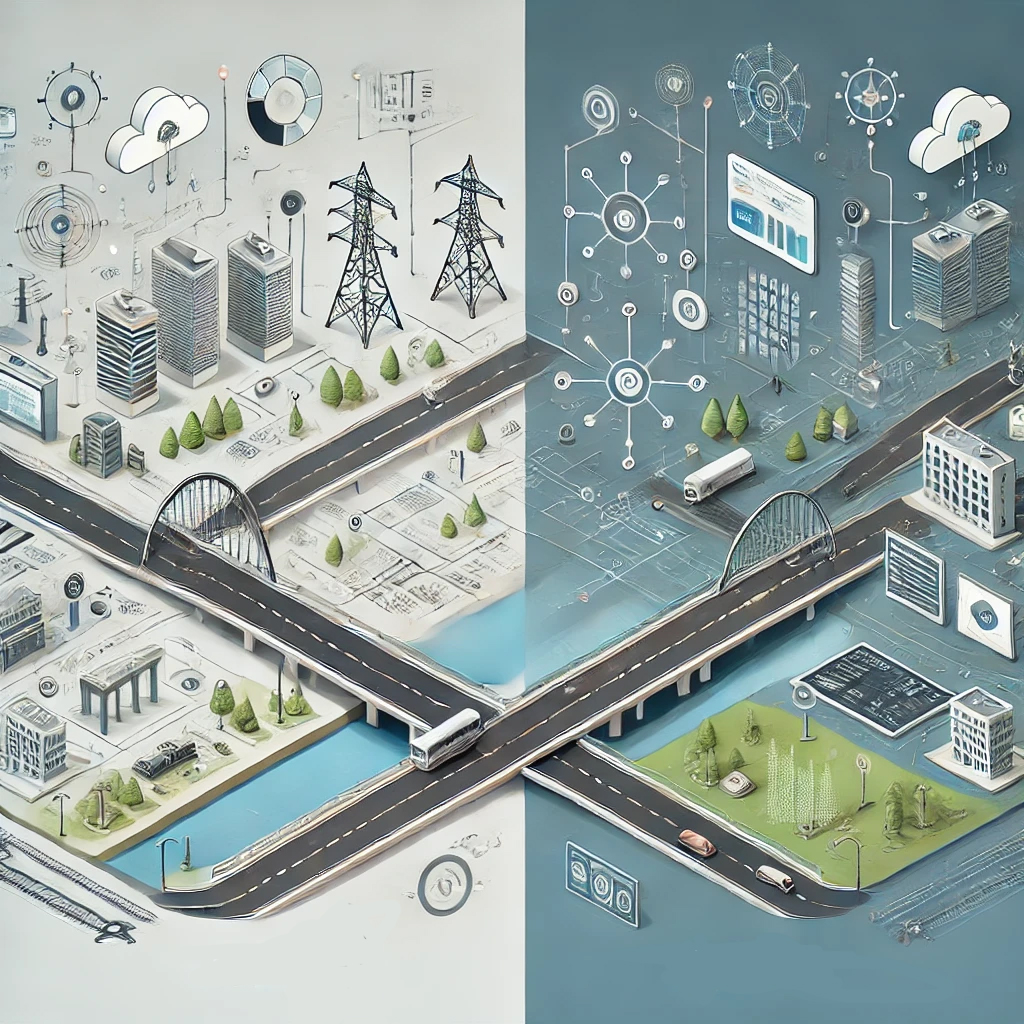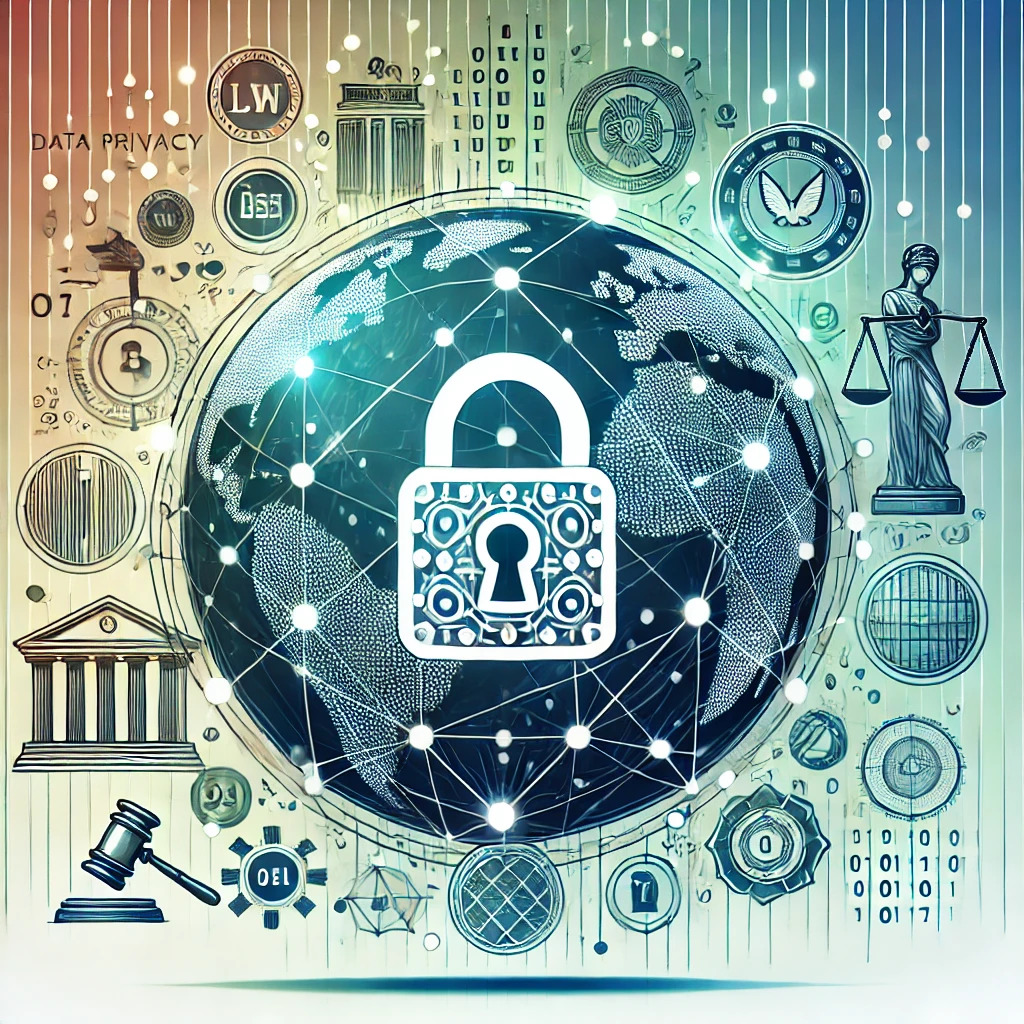For decades, the conventional response to cybersecurity threats in Bangladesh, as well as around the world, has been the “castle defence.” Corporations have invested significant sums in building higher walls […]
Language, Leadership, and the Bangla LLM Imperative
As artificial intelligence reshapes global governance and digital access, Bangladesh stands at a pivotal moment. Despite progress in digital services, the nation lacks a robust Bangla Large Language Model to ensure linguistic inclusion, data sovereignty, and AI independence. This article explores the fragmented state of current initiatives, debunks prevailing myths, and outlines a strategic roadmap for building a sovereign, public-sector LLM that serves citizens in their own language and secures the country’s digital future.
From Insight to Impact: The Era of Evidence-Led Policymaking
In an era where data drives progress, evidence-based policymaking (EBPM) is revolutionizing governance. By integrating artificial intelligence and data analytics, governments can move beyond tradition and intuition to craft smarter, more responsive policies. This article explores how real-time insights, predictive modeling, and automation are transforming public sector decision-making, while also confronting ethical challenges like bias and privacy. With strategic investment and transparent frameworks, EBPM holds the key to a more equitable and effective future.
Elevating Government Cybersecurity: Strategies for a Secure and Resilient Digital Future
A fundamental transformation is in progress as governments quickly digitize fundamental functions and public services to expand access and convenience to citizens. The tax filing, city utility administration, and license […]
DeepSeek: Balancing Cost, Performance, and Global Ambition in AI
DeepSeek, an emerging AI startup founded in May 2023 in Hangzhou, China, is rapidly redefining the global AI landscape with its groundbreaking innovations. By training a large language model in just 55 days for under $6 million, DeepSeek challenges the notion that high-performance AI requires hefty investments, positioning itself as a strong competitor to established giants like OpenAI and Google.
With its highly successful AI assistant chatbot topping U.S. App Store charts and the release of the R1 reasoning model, DeepSeek is already reshaping industry dynamics and prompting significant stock fluctuations among major tech firms. Analysts have even dubbed this moment a “Sputnik moment,” highlighting the urgent shift in competitive power as DeepSeek underscores China’s growing influence in the global tech arena. As it continues to push boundaries, the future of AI—and the technological landscape as a whole—appears poised for a dramatic transformation.
Quantum Revolution: Securing GovTech
The emergence of quantum computing poses a major challenge to conventional cybersecurity methods. Unlike classical computers, which rely on bits, quantum computers use qubits, allowing them to solve complex problems at an exponentially faster rate. This presents a significant threat to encryption algorithms commonly employed to safeguard sensitive data. Governments need to make proactive investments in quantum-resistant cryptographic algorithms and transition to quantum-safe infrastructure to address these risks. This will help them protect crucial information and maintain a competitive advantage in the digital era.
Transforming Cities and Security: The Digital Twin Revolution
In today’s rapidly evolving digital landscape, governments are turning to digital twin technology to enhance infrastructure management, bolster public safety, and optimize resource allocation. By creating virtual replicas of physical assets, such as bridges, roads, and public buildings, governments can monitor real-time data, predict maintenance needs, and simulate various scenarios to improve decision-making. While digital twins offer numerous benefits, including increased efficiency and security, they also introduce new challenges that require robust strategies to protect sensitive information and critical systems.
A Framework for Privacy: Understanding Bangladesh’s Data Laws
In today’s digital age, personal data has become an invaluable asset. As individuals and organizations increasingly rely on technology, the risks associated with data breaches and unauthorized access have grown significantly. Bangladesh, like many countries, has recognized the importance of data privacy and has taken steps to strengthen its legal framework. However, challenges remain in ensuring effective implementation and enforcement.
This article explores the current state of data privacy in Bangladesh, including the key regulations and initiatives in place. It also examines the challenges faced in implementing these laws and the potential benefits of a robust data privacy framework. By understanding the importance of data protection and taking proactive measures, Bangladesh can safeguard its citizens’ rights, foster innovation, and build a more secure digital future.
Adapting and Advancing: Ethical Hacking in the Digital Age
In today’s digital landscape, where cyber threats are becoming increasingly sophisticated, ethical hacking has become a crucial component of a robust cybersecurity strategy. Ethical hackers can help organizations strengthen their defences and mitigate cyberattack risks by proactively identifying and exploiting vulnerabilities. This practice is particularly critical for governments, which often handle sensitive data that is highly valuable to malicious actors. Ethical hackers can simulate real-world attacks, allowing organizations to identify weaknesses and develop effective countermeasures, ultimately protecting critical infrastructure and national security.
5G: The Future of Public Services
As 5G technology continues to evolve, it presents a double-edged sword for governments. While its potential to revolutionize public services is immense, it also introduces new challenges related to security, infrastructure, and environmental impact. Striking the right balance between innovation and responsibility will be crucial in harnessing the full potential of 5G.
